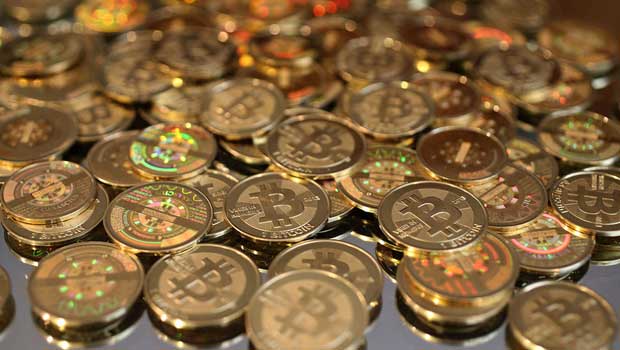And only 21 million Bitcoins can ever be mined, as per Bitcoin’s current rules.
Bitcoin’s unexpectedly high volatile nature and limited supply are going to see even worst circumstances, as the 17 millionth Bitcoin is likely to be mined in the coming days. Yes, the same question also comes to my mind that what happens to Bitcoin after all 21 million are mined?
Among other similarities of Bitcoin with gold comes its limited availability, like gold, Bitcoin cannot simply be created arbitrarily. Gold must be mined out of the earth or tunnels, and Bitcoin must be mined via digital means. Linked to this process is the stipulation set forth by the founders of Bitcoin that, like gold, it has a limited and finite supply. Bitcoin enthusiasts say that, like gold, the fixed supply of the currency means that banks are kept in check and not allowed to arbitrarily issue fiduciary media.
See Also: Bitcoin Mining Explained
Bitcoin has already seen massive hikes in price in just the past few months. While no one is entirely sure how Bitcoin will continue to spread to the larger financial world, it seems likely that a limited supply of the currency may cause prices to continue to increase.
There is a lot of variability in the Bitcoin mining process. Each Bitcoin block gives 12.5 new Bitcoin, and as Bitcoin blocks occur roughly after every 10 minutes, hence about 1,800 new Bitcoins are created every day. And with this speed, the remaining 4 million Bitcoins would be mined in almost 6 years.
See Also: A Guide To Bitcoin Mining
Looking ahead by several decades, it is not difficult to imagine that mining chips will become small and highly efficient. This would reduce the burden placed on miners and would allow mining to become a work with a lower threshold of the initial cost. Further, transaction fees may increase, and this could help to keep miners afloat as well.











